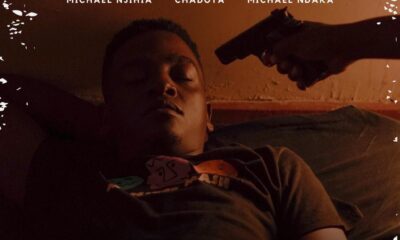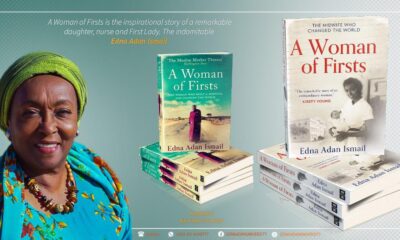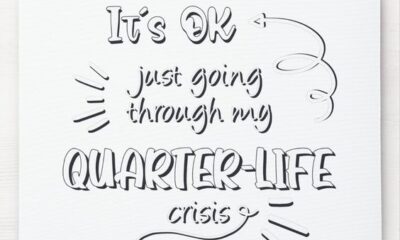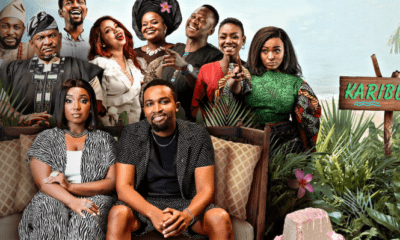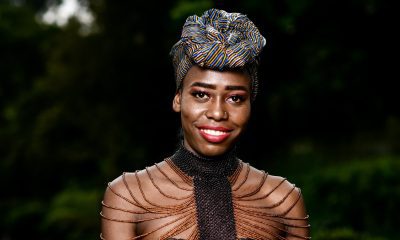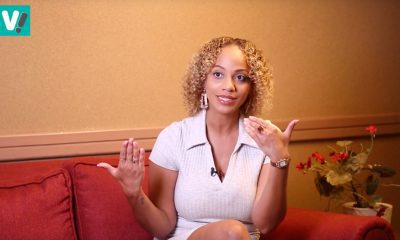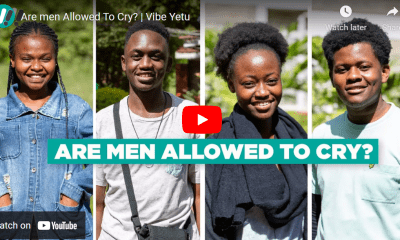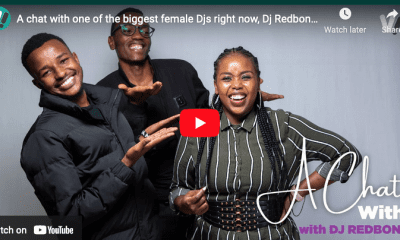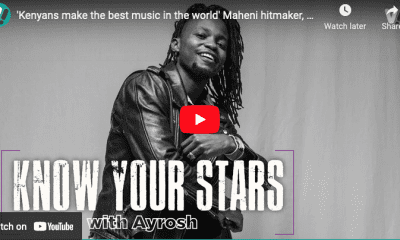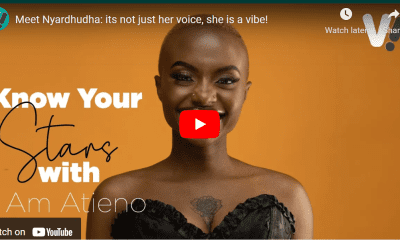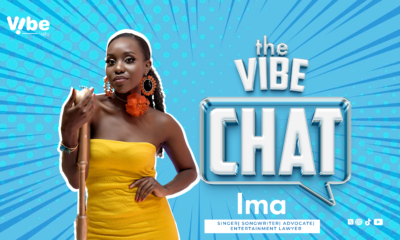Editorial
A Jesse Dele Series: Music and it’s complexity
A deep look into the music industry with a keen light on how music lyrics affects our lives as well as the lives of the various artists.
Published
1 year agoon
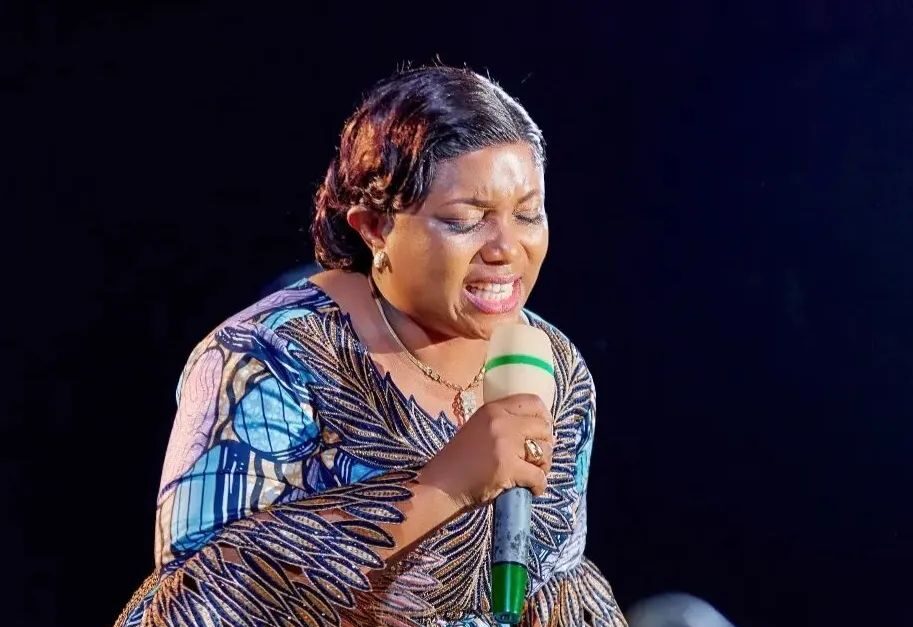
We all listen to music. Be it Christina Shusho with her Bible-based music, Wakadinali’s outspoken & hitting hip hop bars or Youngboy’s Never Broke Again; gritty, mysterious yet melodic and introspective tracks…. everyone listens to some form of music.
A case study.
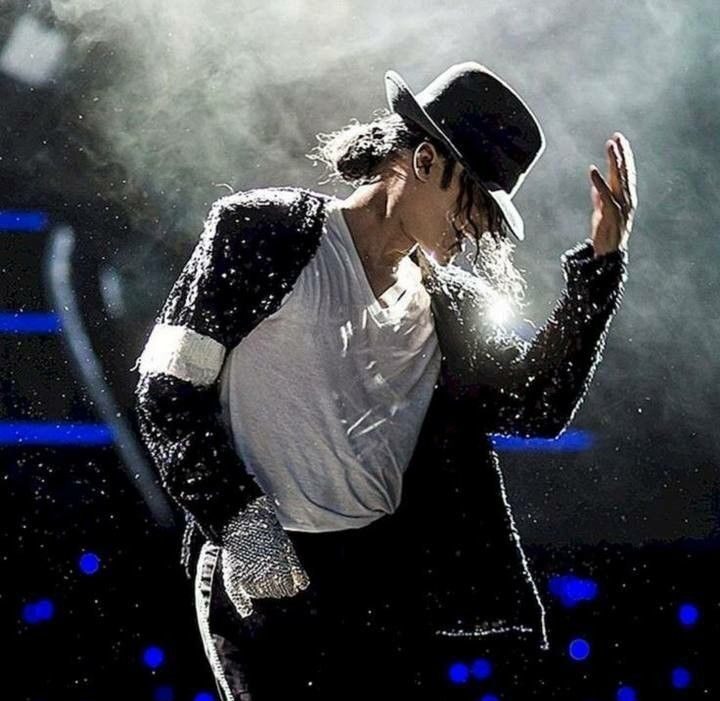
“When a kid hears a song and repeats it over and over, from the alpha state and into the subconscious mind, it can have power over the mind.”-Micheal Jackson.
There is some truth in Michael Jackson’s words. For instance, children emulate their favourite rappers and everyone in general. Is it possible to shape the thoughts, opinions, decisions and actions of a person? Yes.
This is why parents have to teach their kids early that they have to be disciplined. Doing abc….. avoids certain outcomes. Getting older; new things are introduced with a gradual increase of seriousness. Listening to songs for instance “Drills”, which are senseless murders of people who live on a different street; may cause one to normalise violence and want to become like these artists.
Dayvon Bennette “King Von”, was a famous rapper who rose to fame in 2020 during the height of COVID. His music is primarily about murder, running a gang that deals drugs and robbery; putting sex, money and substance abuse first. Despite making millions Dayvon paid dearly with his life. Most of his friends have ended up in jail. He is connected to at least 11 murders in Chicago.
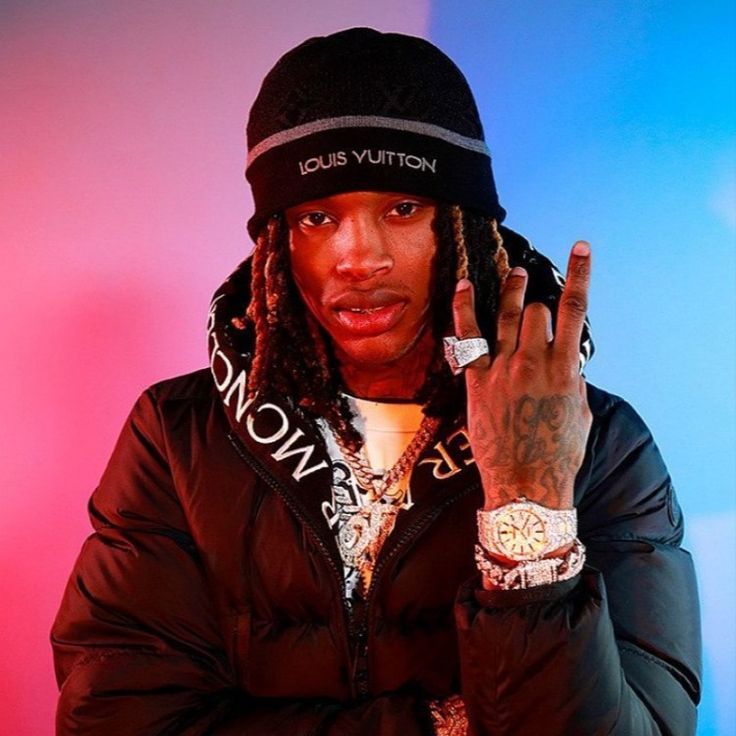
Photo Courtesy – Dayvon Bennette
Watching his documentary got me rooted to the spot as I thought about the power of music. Have you noticed every male wants to be a “gangster” these days due to this glorified and normalised lifestyle?
Hip-hop and rappers mostly show us that being materialistic is all that matters. They live dangerous and fast lives portraying a lavish lifestyle and how they can attract any female. These are negatives. Kentrell Gaulden “Youngboy Never Broke Again” said recently, “he isn’t big on fatherhood.” Ironically he has 11 children.
On the other hand, Jahseh was trying to change his life by making meaningful music as seen in his final album “?” with popular tracks like “Moonlight” which talks about a woman. However, he was a domestic abuser of his girlfriend at the time. His lead single ”Sad” (a personal favourite) speaks of his experiences with depression and suicidal thoughts. He talks about regrets and his romantic turmoil in his lyrics; I gave her everything she took my heart and left me lonely…

Photo Courtesy-Jahseh
The many negative connotations are devastating but as with anything in life, there can’t be light with darkness. All these people also have some positives we can learn from such as Kentrell’s work ethic, he drops more music than your favourite artist and all his stuff is fresh & X’s slow transformation was inspiring and his versatility was unmatched.
Conclusion.
We should be aware of the messages hidden within songs, their ultimate agenda, what the artists promote and their character as well. All these can affect our lives. Be it fashion, sexual orientation, substance abuse, morals, beliefs, religion and overall character. Balance is key as with everything and as adults, we know what is right and wrong. Enjoy your music and artists.
Jesse Dele.
*This article is originally written by Jesse Dele.
You may like


“Zoza”: A Story of Loyalty, Betrayal, and Redemption


A Woman of Firsts by Edna Adan: A Story That Will Empower You To Face That Scary Decision You’ve Always Wanted To
Apple Event Recap: New Product Lineup


Quarter-life crisis or Plot twist?


7 Powerful Ways to Make YouTube Work for You


2024’s Leading Cloud Storage Services: Compare the Best Options
Editorial
Wanna Study in China? How To Begin Your Student Application Process
Published
7 months agoon
September 12, 2024By
Eric Kamau
Choosing To Study In China Was A Huge Decision For Me
Especially since no one in my family had ever studied abroad before.
My family had all sorts of fears—like the sky-high costs, culture shock, freezing winters, and the possibility of visa rejections—but I was determined to take the leap.
It wasn’t easy, but the thought of getting a world-class education and broadening my horizons was too exciting to pass up.
I considered studying in the USA, Canada, Finland, & Australia, but China stood out.
The application process was straightforward, and the costs were much more manageable.
After some research, I set my sights on Zhejiang University (ZJU), ranked 44th globally.
Affiliated with 7 top hospitals, world-class government-funded resources, and a leading research institute promised an unparalleled medical educational experience.
The prospect of hands-on clinical training, exposure to diverse specialties, and affordable living costs in China further solidified my decision.
Often referred to as the “Cambridge of the East,” ZJU far exceeded my expectations, turning my leap into the unknown into one of the best decisions of my life.
This brief article is for anyone interested in:
- Applying to top-ranking Chinese universities.
- Understanding the visa process.
- Knowing what to expect upon arrival in China.

Application Process
When applying to Chinese universities, be thorough and organized.
Requirements vary, but here’s a guide using ZJU as an example:
- Personal Statement: Write up to 800 words explaining why you want to study medicine in China.
- Introductory Video: Create a 1-minute video about yourself and your interest in the university.
- Academic Records: Send your KCPE and KCSE, as well as your high school and/or university transcript showing your performance over the years.
- Recommendation Letters: 2 from your high school teachers. If in uni, 1 from your professor.
- Volunteering Experience and CV: Include a letter from your volunteer supervisor and prepare a CV outlining your achievements.
If shortlisted, you’ll be invited for an interview.
It’s conversational but rigorous, with unpredictable questions.
Stay relaxed and genuine—don’t recite memorized answers.
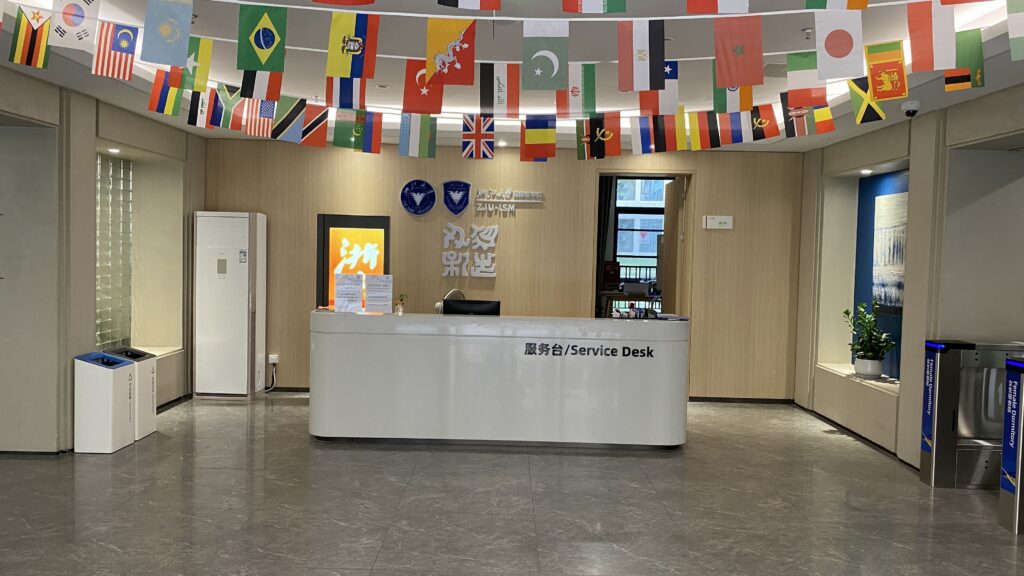
Visa Process
Once you get accepted, getting your visa is one of the first big steps.
Here’s how you can go about it:
- Online Application: Fill out the visa application on visaforchina.cn with your personal details and study plans
- Gather Your Documents: You’ll need a few key documents:
- Passport (valid for at least 6 months).
- Chinese passport-sized photos
- University admission letter.
- JW02 form (official invitation to study)
- Financial Proof: If you have a sponsor, they must show proof of funds.
- Fees and Processing: The visa application fee depends on how quickly you need it. The standard processing time is about a week, but you can pay extra to get it done in 2 days.
You don’t need a physical exam before leaving; that’ll be done in China for around 8,000 Ksh.
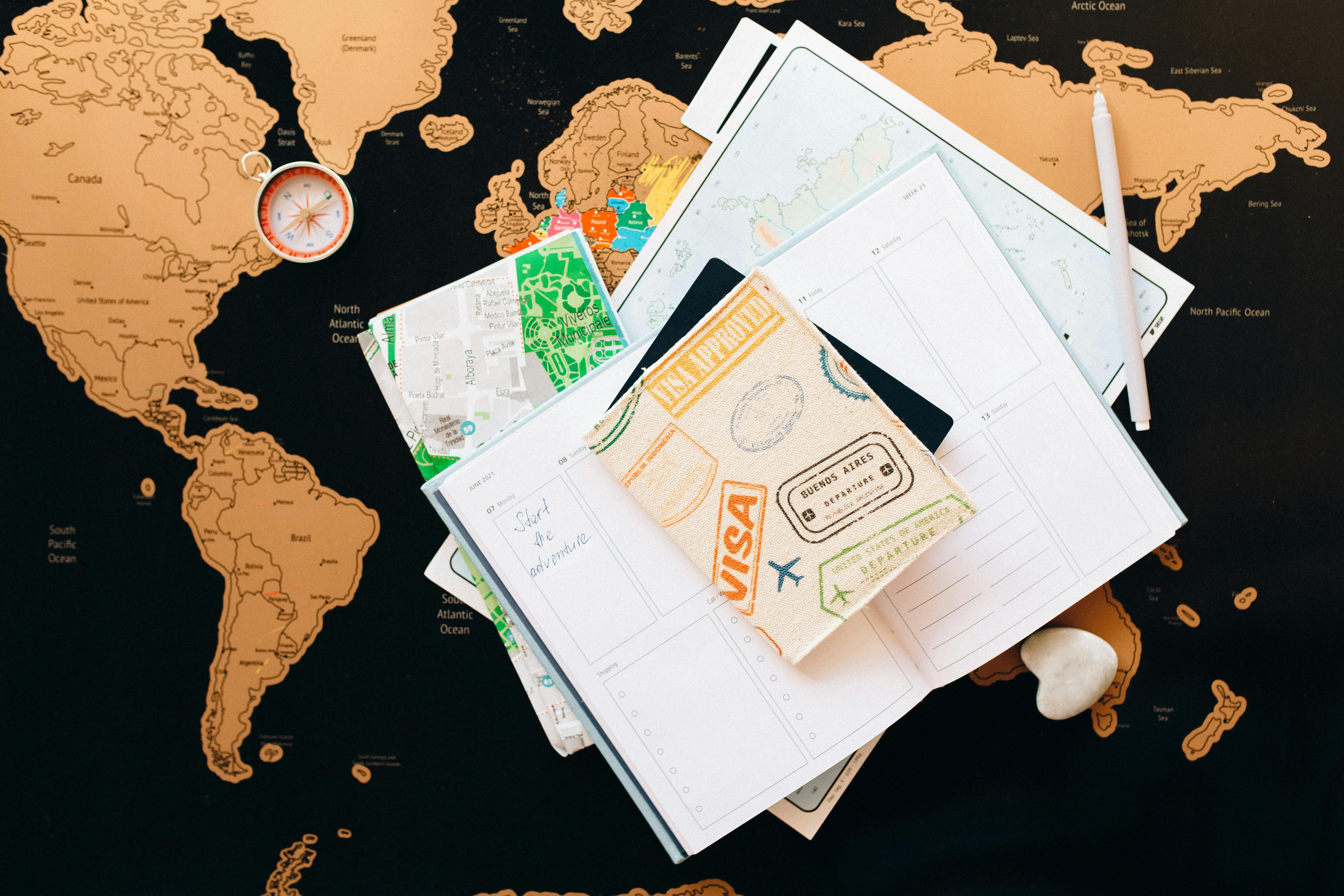
Learning Chinese
You’re ahead of the game if you’ve already started learning Chinese in Kenya.
All Chinese universities offer the option to take your courses in Chinese if you’re proficient enough.
Even if you study in English, learning some Chinese can help with daily life, connecting with professors, and making friends. Plus, it’s a flex!
Arrival in China
Stepping off the plane in China feels like landing on a different planet. Everything is bigger—seriously, the airports are massive.
If you don’t have someone to pick you up, get ready for a wild ride.
Everything is written in Chinese, and English speakers are rare, so a translator app is a lifesaver.
Just remember, some apps you use in Kenya might not work in China without a VPN, and those can be tricky to download once you’re there.
Navigating the metro, bullet trains, buses, and taxis is like figuring out a giant puzzle.
Didi, the Chinese version of Uber, is only in Chinese, so unless you’re a language pro, it’s going to be interesting.
And don’t even think about using cash—China is all about QR codes. Paying for anything is challenging without Alipay (like Mpesa for foreigners).
Somehow, I managed to survive all alone! You can too!

The Weather In China?
Kenya’s climate is like heaven in comparison.
Summers are so hot and humid that stepping outside feels like entering a sauna. Without an air conditioner set to 16°C, you’ll be sweating buckets even indoors.
And forget about cool mornings—those don’t exist here.
Winter? That’s a whole other beast. Ignore the memes of Nairobians in July.
For Any Youth Thinking About Studying Abroad
Especially in China, go for it! It’s a life-changing experience.
You’ll meet people worldwide, learn from brilliant minds, and experience a system that values merit over connections. The curriculum is tough, but the personal growth is worth it.
Beyond academics, you’ll gain intercultural skills, soft skills, and a better understanding of yourself. You’ll face challenges head-on and discover strengths you never knew you had.
It’s more than education—it’s an adventure shaping your future.
Editorial
From Couch Gamer to Esports Champion: Your Guide to Competitive Gaming
Published
7 months agoon
August 30, 2024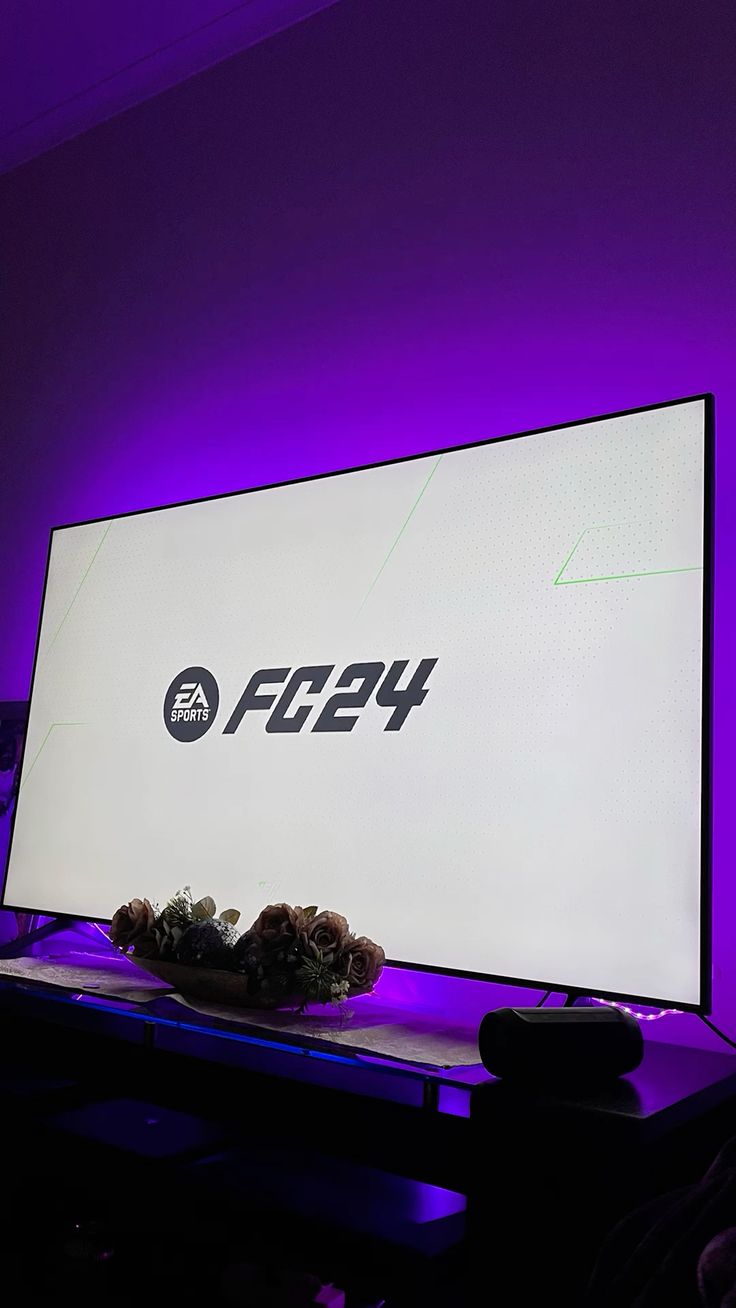
Utacheza ‘loser’ for how much longer? If you really think you are that good, why not put that to the test? Why not make some money and name for yourself? The world of competitive gaming has exploded, and it’s not just something you see in flashy tournaments in the UK or read about in gaming magazines. If you’ve ever found yourself completely immersed in a game at home, or at your locals whether it’s dominating in FIFA, constructing the perfect strategy in League of Legends, or building in Fortnite, there’s a good chance you’ve got the skills to compete against other gamers. This could mean something. You know how if you’re good at football you go places if you get spotted or if you can run pretty fast you get to represent the country? Well, gaming is now in that same category and could take you places.
Welcome to the World of Esports
Esports, or electronic sports, has become a massive global phenomenon. Picture this: stadiums packed with cheering fans, not for a Manchester City vs Manchester United match, but to watch teams of gamers compete in intense, fast-paced virtual battles. These are real athletes of the digital age, training hard, developing strategies, and competing for glory and substantial cash prizes. Esports is a billion-dollar industry, and it’s only growing. There are leagues and tournaments dedicated to popular games like FIFA, Fortnite, and Call of Duty, with some events drawing in millions of viewers worldwide.
Let us know which games you think you are the best at in the comments
Esports in Africa and Kenya
You might think that this gaming fever is something only happening far away, but Africa is rapidly becoming a hotspot for esports too. In Kenya, the gaming community is vibrant and growing. Local tournaments are becoming more frequent, offering a platform for gamers to showcase their skills. This September 7th, all eyes will be on the Gaming Impact Grand Series at the Kenya Cinema, one of the most anticipated esports events of the year. Organised by AlphaClan Esports in partnership with EsportsAfrica, SmartVR, Jiwe Esports, Paydhq, Barbah Games, Kenya Film Classification Board, and VibeYetu, this event is a golden opportunity for local gamers, you, to step into the limelight.
From Home Gamer to Esports Pro
So, how do you go from playing games at home to competing in these high-stakes tournaments? The first step is simple: start competing. Many gamers begin their journey by entering local competitions, whether online or at nearby gaming hubs. Not only do these tournaments provide a platform to test your skills, but they’re also fantastic for meeting other gamers, learning new techniques, and maybe even finding a team to join. Even more similar to reality sports, at these local tournaments your talent could be spotted by sponsors and coaches.
Imagine going to the Gaming Impact Grand Series, not just as a spectator, but as a competitor. Picture yourself going head-to-head with other gamers, feeling the rush as you score that winning goal in FIFA or pull off a last-second victory in a shooter game. It’s not just about winning; it’s about the experience, the community, and the thrill of the game. Who knows, your name might be the next one called out as a champion!
The Career Potential in Gaming
Beyond the glory of competition, gaming has even more career potential. Pro gamers can earn money through tournament winnings, sponsorships, and even streaming their gameplay online. But it doesn’t stop at being a player. The gaming industry is vast, with roles for game developers, designers, shoutcasters (the commentators of the esports world), and coaches. If you’ve ever had a passion for gaming, there’s a place for you in this industry. And getting involved in local tournaments is the first step towards making that passion a profession.
If you love gaming, don’t limit yourself to just playing at home. Explore the competitive side of gaming, enter local tournaments, and see where your skills can take you. The Gaming Impact Grand Series is just around the corner, and it’s the perfect place to start. Whether you come as a competitor or a spectator, you’re sure to leave with new friends, new skills, and a newfound love for the world of esports. So, why not give it a shot? You could be the next big name in Kenyan esports!

If you are like me, then you fall in love fast and face first. Which means the heartbreaks leave you in pieces. Heartbreaks feel like someone yanked your heart, slowly grating it and making fun of you, in front of their friends and your friends. It feels like a log on your chest and a stone on your back. I suppose this should be a how to fall in love with decorum article but I am yet to learn that. So, here is a heartbreak manual for suckers of love, if you are like me.
There is nothing wrong with you
Understand there is nothing wrong with you and are not to self-loathe over how you feel. It takes a lot of courage and bravery to fall in love without restricting yourself. My last heartbreak had me swearing I would never ever fall in love like that. I would guard my heart. I would be strategic with my love. I would never ever lower my guard. It is very okay to feel this. But, do not suppress yourself because someone took advantage of your heart, of you. We all make mistakes and the lesson here is you leave immediately the red flags appear, not closing your heart out entirely.
It’s a very brave thing to fall in love. You have to be willing to trust somebody else with your whole being, and that’s very difficult, really difficult, and very brave.
Nicole kIdman
Support system
Call your friends or support system. I know you feel embarrassed and maybe ashamed because some of them might have forewarned you but still, talk to them. Sometimes, my legs feel numb when the pain hits the right spot. Unable to function, I have found having a friend around helps. (Is this a safe space?) I have booked therapy sessions to discuss a heartbreak. Having a certified therapist walk me through the steps made the process easier. However, what started as getting over my ex turned to self-worth, and self-acceptance sessions, which brings me to my next point.
Make better decisions next time
Miss, when you let red flags look pink, what do you expect? I know people switch up and that is not your fault. But, not leaving when they switch up is your fault. Your self-concept plays a huge role in how you face love and how you recover from it. As I mentioned, there is nothing wrong with falling completely in love. But being a certified lover does not exempt you from choosing better people. You see, when your self-worth is low, you will reject or sabotage healthy loving relationships. When you do not accept every part of you, you will fall in love with people who mirror this. Until you love, accept and care for yourself you will keep manifesting lukewarm love. You are deserving of more.
We wish we had a trailer into people’s lives that way we know what we are getting ourselves into. To that, I say, we do. People can lie and pretend to be someone they are not, but at the end of the day they do show us who they are, and it slips out. All you have to do is see and acknowledge it, hard as it may be. For example, if you want someone to fall in love with, notice their pattern. I know, I know, they might lie, but check how they love themselves, people do not have the ability to lie to themselves. Surely, someone who denies themselves ease will give you the soft love you wish for. Someone who tells you love should be strategic will not give you the fairy tale you so badly want.
Express what you feel
If you have a hard time verbalizing your pain, write about it. I create time to write what I feel. Using prompts even when you are not a writer helps, below are some of the journal prompts I use:
– Write a letter to your ex expressing anything you wish you had said
– Write a list of things you liked about them. Highlight the characters you have.
– Write a list of things you hate about them.
– Vividly describe what you feel. Where does it hurt, what part of your body feels heavy etc.
– Write a letter to yourself on all the things you would love to hear at that moment.
Talking also helps. Call a friend and rant, I promise they weren’t joking when they said A problem shared is a problem half solved. What is not okay, is not checking in with them first. Your heartbreak should not excuse basic manners.
There is no one cure-for-all to heartbreaks. One heartbreak had me in the gym, another one had me writing poetry and another in therapy. The only way not to heal is by embarrassing yourself by not moving on when you really have to.
It takes a brave heart to heal, and fall in love – completely. Do not be strategic with love, soon you will find a certified lover. May you find the courage to fall in love again., and again. Heal and find love.
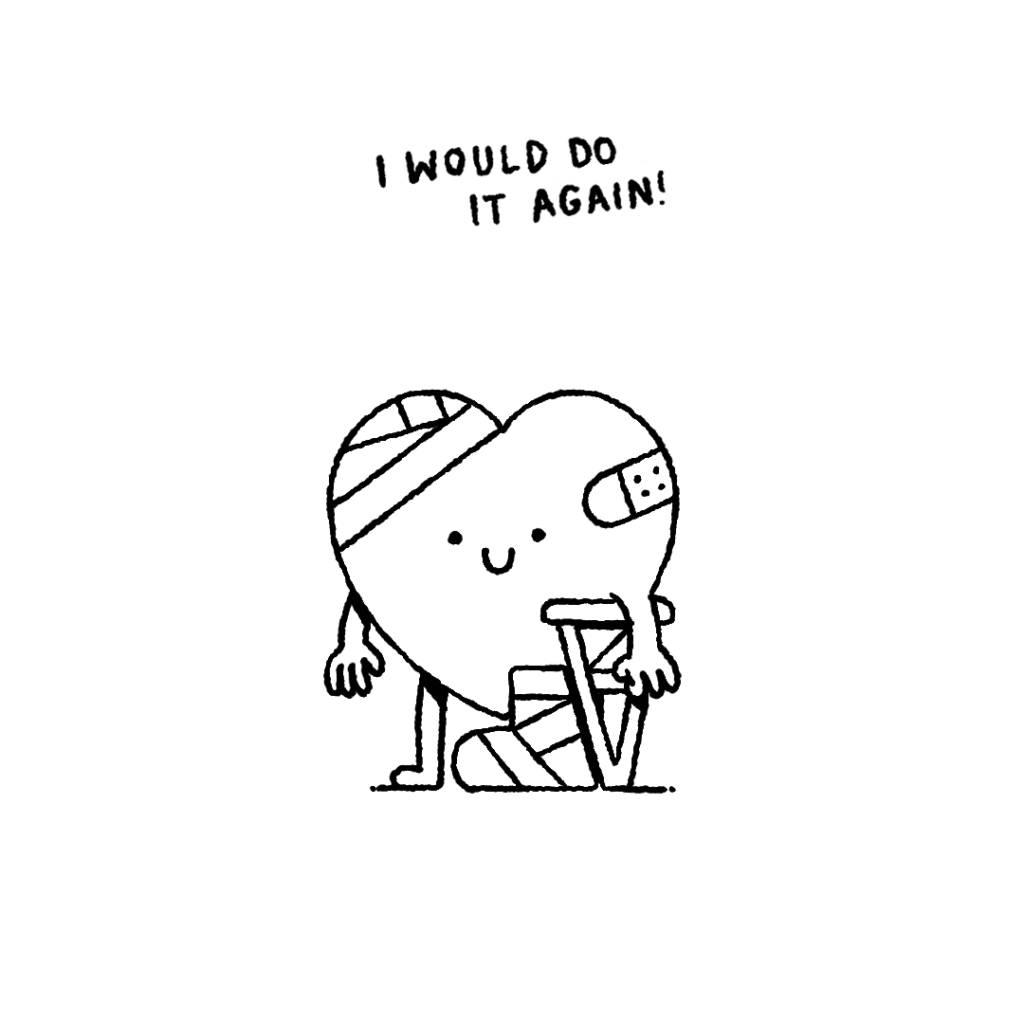
Heartbreak si mwisho wa dunia! I promise
If your friend has been there for you during one of your heartbreaks, here’s a list of gifts you should get them.

Meghan Markle Delays Netflix Series Premiere Due To LA Wildfires

Satire Meets Culture On New Comedy Series ‘A Very Kenyan Sketch Show’

Netflix Set To Debut A Gripping Kenyan Drama Series ‘Mo-Faya’
Trending

 Entertainment2 years ago
Entertainment2 years agoKenyan Movie Disconnect: The Wedding Planner Is Now Streaming On Netflix

 A Chat With4 years ago
A Chat With4 years agoA MOMENT WITH SHARON WENDO, FOUNDER OF EPICA JEWELLERY

 A Chat With3 years ago
A Chat With3 years agoFind out why ‘mutura is not a street food’ as Wanjira Puts it!

 A Chat With3 years ago
A Chat With3 years agoAre men allowed to cry?

 A Chat With3 years ago
A Chat With3 years agoA chat with one of the biggest female Djs right now, Dj Redbone

 A Chat With3 years ago
A Chat With3 years agoKenyans make the best music in the world, Ayrosh

 A Chat With3 years ago
A Chat With3 years agoA chat with Atieno: A young radio personnel doing her thing behind the mics

 A Chat With1 year ago
A Chat With1 year agoIMA: A Tale of Music, Love & Law | The Vibe Chat

